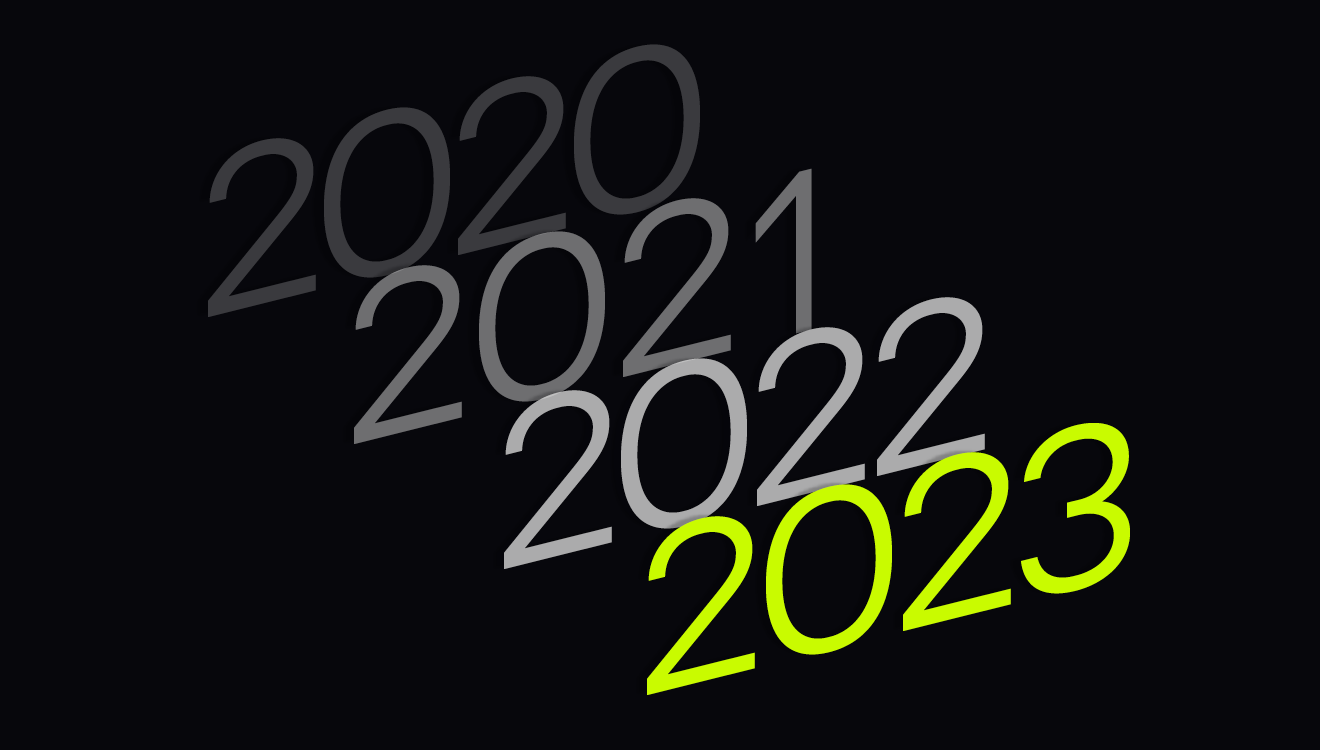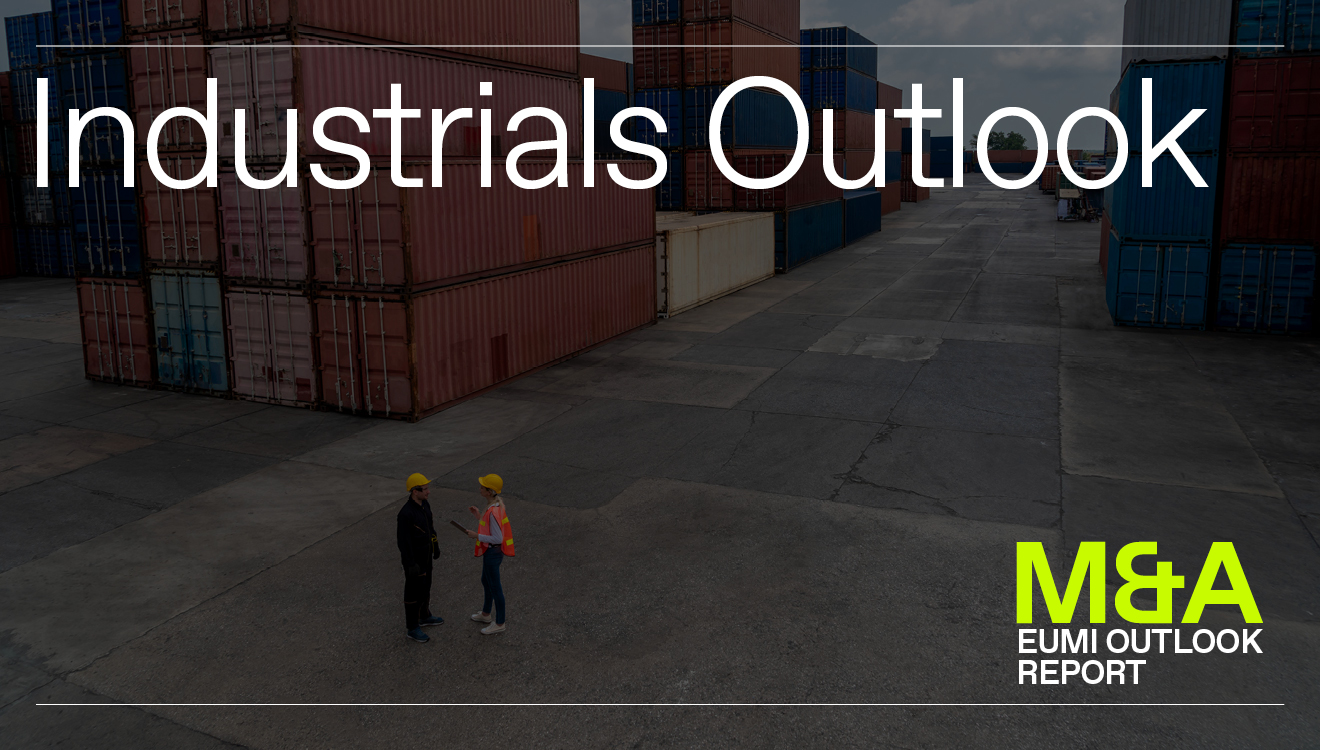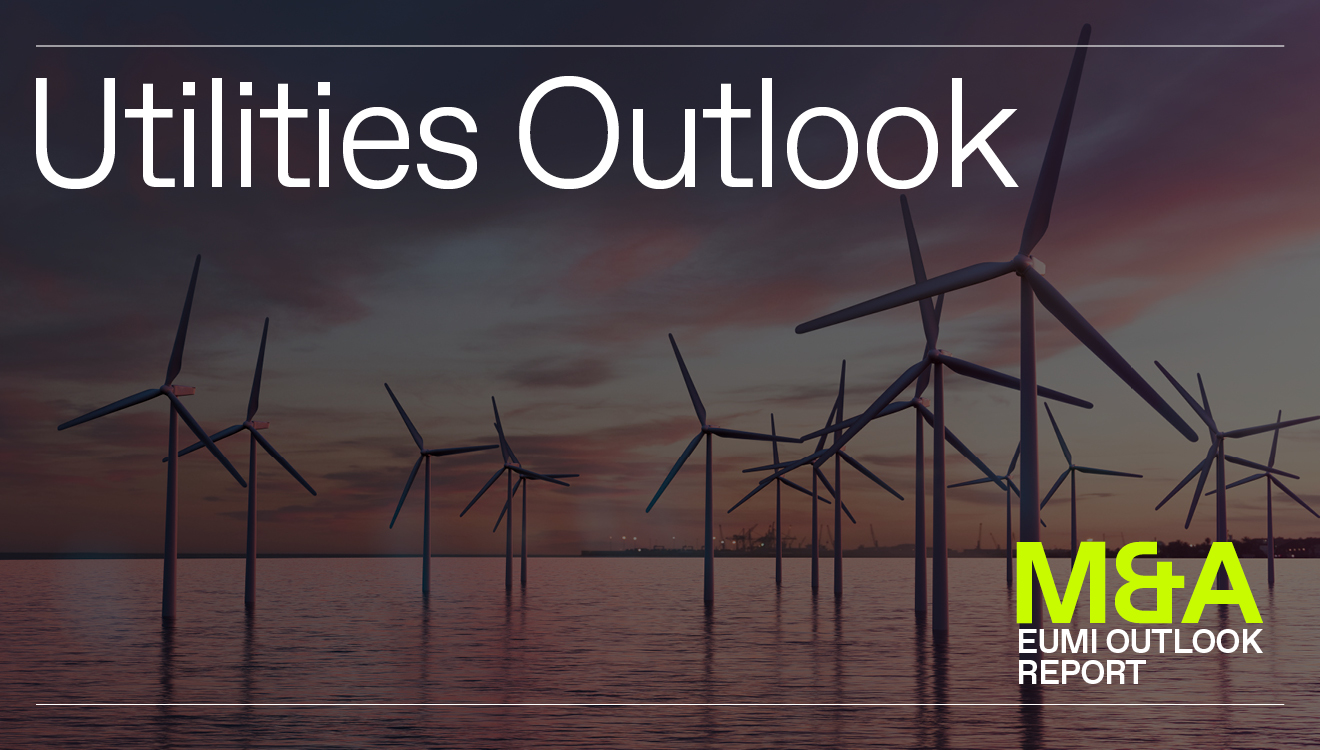Extended deal durations in 2023: Analyzing 3-year trends
Ansarada's Deal Indicators data reveals the shift in median average deal durations over the past three years.
By AnsaradaWed Nov 08 2023Mergers and acquisitions, Due diligence and dealmaking, Advisors, Industry news and trends, Virtual Data Rooms, CEO-CFO, Environmental Social and Governance

According to Ansarada's latest Deal Indicators data*, the median average deal duration throughout 2022 was approximately 200.75 days (6.6 months).
This stability in deal duration reflects a return to a more measured pace of dealmaking compared to the frenzied activity seen in 2021, where the median average duration was 182 days (roughly 6 months).
Throughout 2023, however, we’ve seen extended deal timelines – a median average of 239 days since the beginning of the year – marked by higher due diligence scrutiny of factors related to the current climate of uncertainty.
As the business landscape continues to evolve, due diligence processes have adapted to address new challenges and opportunities. Below, we examine the changing dynamics in due diligence in the years since the pandemic, highlighting the key factors that continue to contribute to longer deal timelines and more comprehensive evaluations.
In 2020, the pandemic's onset plunged the world into a state of uncertainty. Businesses faced unprecedented challenges, from supply chain disruptions to economic volatility (as well as an extraordinary overuse of the word ‘unprecedented’). During this period, the median deal duration spiked to 276.5 days, reflecting the cautious approach taken by dealmakers and the increased likelihood of deals being put on pause. The complexity of assessing target companies in a rapidly changing landscape, along with logistical challenges, contributed to prolonged due diligence processes.
As companies became more accustomed to the ‘new normal’ shaped by COVID-19, deal durations dropped significantly. The median deal duration for 2021 was 182 days, indicating a certain degree of comfort with the new environment and the adjustment to remote dealmaking. Record levels of M&A activity were conducted during this period, some of which can be attributed to the follow-through of deals that were put on ice at the height of the pandemic.
In 2022, deal durations began to stabilize. The median deal duration was 200.75 days, marking a return to a more measured pace of dealmaking. Businesses adapted to the realities of the uncertain climate, leading to a steadying of the numbers in M&A transactions as deal volumes began to wane from the record highs of 2023.
Today, we’re seeing the deal landscape evolving even further. Factors such as sustainability reporting, a shifting regulatory landscape, a volatile geopolitical climate, and growing concerns over cybersecurity and data privacy are creating a context of caution. Q3 2023 saw the highest median average duration at 244 days – heights not matched since Q3 of 2020.
And while added due diligence scrutiny undoubtedly plays a part, it’s across the entire deal lifecycle that processes are taking longer.
"We have seen longer deal times across all parts of the transaction. To get to NBIO (Non Binding Indicative Offer) and agreed NBIO terms in the first place is taking a bit longer, and there's a bit more structuring to be done in terms of meeting that bidder spread…so use of earnouts and other mechanisms to to to get to an agreed valuation,” said Holly Stiles, National Head of Corporate Finance, Grant Thornton. “Due diligence is definitely taking longer; being very thorough and any issues identified in due diligence are really being run to ground, so that is blowing out the due diligence period, and then the legals as well are taking longer. So definitely, across all parts of the cycle the transactions have been taking longer."
ESG due diligence has gained recognition as a critical component of M&A deals, capital raises and other transactions, a trend driven by the growing demand for companies with strong ESG credentials.
"I've actually spent a bit of time in the impact space over the last twelve to eighteen months. And I would say what initially was effectively a buzzword that businesses tried to attach to their business, it's now very much a core part of due diligence. It's no longer the buzzword," said Shane Scantlebury, Director at Ad Astra.
Companies are now expected to proactively address ESG issues to maximize transaction value and reduce risk in the face of increasing demands from stakeholders and regulatory bodies. The European Union's introduction of the Corporate Sustainability Reporting Directive (CSRD) underscores the importance of ESG considerations, requiring large companies to publish regular reports on their environmental and social impact activities. Compliance with CSRD will lead to greater transparency in the market but will also extend due diligence timelines.
Companies that embrace ESG practices can benefit from higher valuations, favorable financing options, government incentives, and growth prospects. As a result, we can anticipate an uptick in ESG-driven acquisitions and ESG-focused due diligence.
This involves a comprehensive review of the target company's cybersecurity policies, procedures, and systems, penetration testing to identify vulnerabilities, and a risk assessment to evaluate the potential impact of a cybersecurity breach. Compliance with relevant regulations and industry standards is also essential. As ESG and cybersecurity continue to intersect, target companies must demonstrate adequate cybersecurity measures to mitigate potential threats.
To bridge this gap, early planning and transparent communication are essential. Aligning expectations through a clear understanding of the seller's financial performance can help mitigate the valuation discrepancies.
While this is by no means an exhaustive list of factors, deals in 2023 have been marked by a deeper and more comprehensive assessment of risk across all phases of the deal lifecycle.
This stability in deal duration reflects a return to a more measured pace of dealmaking compared to the frenzied activity seen in 2021, where the median average duration was 182 days (roughly 6 months).
Throughout 2023, however, we’ve seen extended deal timelines – a median average of 239 days since the beginning of the year – marked by higher due diligence scrutiny of factors related to the current climate of uncertainty.
As the business landscape continues to evolve, due diligence processes have adapted to address new challenges and opportunities. Below, we examine the changing dynamics in due diligence in the years since the pandemic, highlighting the key factors that continue to contribute to longer deal timelines and more comprehensive evaluations.
2020: The year of uncertainty
In 2020, the pandemic's onset plunged the world into a state of uncertainty. Businesses faced unprecedented challenges, from supply chain disruptions to economic volatility (as well as an extraordinary overuse of the word ‘unprecedented’). During this period, the median deal duration spiked to 276.5 days, reflecting the cautious approach taken by dealmakers and the increased likelihood of deals being put on pause. The complexity of assessing target companies in a rapidly changing landscape, along with logistical challenges, contributed to prolonged due diligence processes.
2021: Adjusting to the new normal
As companies became more accustomed to the ‘new normal’ shaped by COVID-19, deal durations dropped significantly. The median deal duration for 2021 was 182 days, indicating a certain degree of comfort with the new environment and the adjustment to remote dealmaking. Record levels of M&A activity were conducted during this period, some of which can be attributed to the follow-through of deals that were put on ice at the height of the pandemic.
2022: Stabilization and adaptation
In 2022, deal durations began to stabilize. The median deal duration was 200.75 days, marking a return to a more measured pace of dealmaking. Businesses adapted to the realities of the uncertain climate, leading to a steadying of the numbers in M&A transactions as deal volumes began to wane from the record highs of 2023.
2023: Cautiousness and scrutiny across all phases of the deal lifecycle
Today, we’re seeing the deal landscape evolving even further. Factors such as sustainability reporting, a shifting regulatory landscape, a volatile geopolitical climate, and growing concerns over cybersecurity and data privacy are creating a context of caution. Q3 2023 saw the highest median average duration at 244 days – heights not matched since Q3 of 2020.
And while added due diligence scrutiny undoubtedly plays a part, it’s across the entire deal lifecycle that processes are taking longer.
"We have seen longer deal times across all parts of the transaction. To get to NBIO (Non Binding Indicative Offer) and agreed NBIO terms in the first place is taking a bit longer, and there's a bit more structuring to be done in terms of meeting that bidder spread…so use of earnouts and other mechanisms to to to get to an agreed valuation,” said Holly Stiles, National Head of Corporate Finance, Grant Thornton. “Due diligence is definitely taking longer; being very thorough and any issues identified in due diligence are really being run to ground, so that is blowing out the due diligence period, and then the legals as well are taking longer. So definitely, across all parts of the cycle the transactions have been taking longer."
3 factors expanding deal durations in 2023 and beyond
Sustainability regulation & reporting
ESG due diligence has gained recognition as a critical component of M&A deals, capital raises and other transactions, a trend driven by the growing demand for companies with strong ESG credentials. "I've actually spent a bit of time in the impact space over the last twelve to eighteen months. And I would say what initially was effectively a buzzword that businesses tried to attach to their business, it's now very much a core part of due diligence. It's no longer the buzzword," said Shane Scantlebury, Director at Ad Astra.
Companies are now expected to proactively address ESG issues to maximize transaction value and reduce risk in the face of increasing demands from stakeholders and regulatory bodies. The European Union's introduction of the Corporate Sustainability Reporting Directive (CSRD) underscores the importance of ESG considerations, requiring large companies to publish regular reports on their environmental and social impact activities. Compliance with CSRD will lead to greater transparency in the market but will also extend due diligence timelines.
Companies that embrace ESG practices can benefit from higher valuations, favorable financing options, government incentives, and growth prospects. As a result, we can anticipate an uptick in ESG-driven acquisitions and ESG-focused due diligence.
Cybersecurity & data privacy
The growing importance of cybersecurity is closely intertwined with ESG considerations. With an ever-increasing reliance on digital infrastructure, companies face growing cybersecurity threats. The ramifications of a cybersecurity breach can be severe, affecting critical infrastructure and daily life. As such, due diligence in this area requires thorough scrutiny to assess the security and safety of digital assets, as well as overall operational resilience.This involves a comprehensive review of the target company's cybersecurity policies, procedures, and systems, penetration testing to identify vulnerabilities, and a risk assessment to evaluate the potential impact of a cybersecurity breach. Compliance with relevant regulations and industry standards is also essential. As ESG and cybersecurity continue to intersect, target companies must demonstrate adequate cybersecurity measures to mitigate potential threats.
Addressing the widening valuation gap
Amidst supply chain challenges, geopolitical uncertainties, and economic pressures, buyers are showing caution when it comes to valuation. Buyers are conducting more extensive due diligence to justify their purchase decisions, especially as transaction financing becomes more expensive and complex. This trend has contributed to a widening valuation gap between buyers and sellers.To bridge this gap, early planning and transparent communication are essential. Aligning expectations through a clear understanding of the seller's financial performance can help mitigate the valuation discrepancies.
While this is by no means an exhaustive list of factors, deals in 2023 have been marked by a deeper and more comprehensive assessment of risk across all phases of the deal lifecycle.
Choose a 12-month plan and only pay for 9
With deal timelines blowing out, Ansarada has you covered. For a limited time, get the certainty of a 12-month plan and only pay for 9 months. Every quote comes with free deal preparation and project management tools.
Get a quote*Data is based on the median average deal duration as indicated by the length of time a data room has been open. Median average has been selected to exclude outliers. Anonymized data is aggregated from the Ansarada Deals platform.


